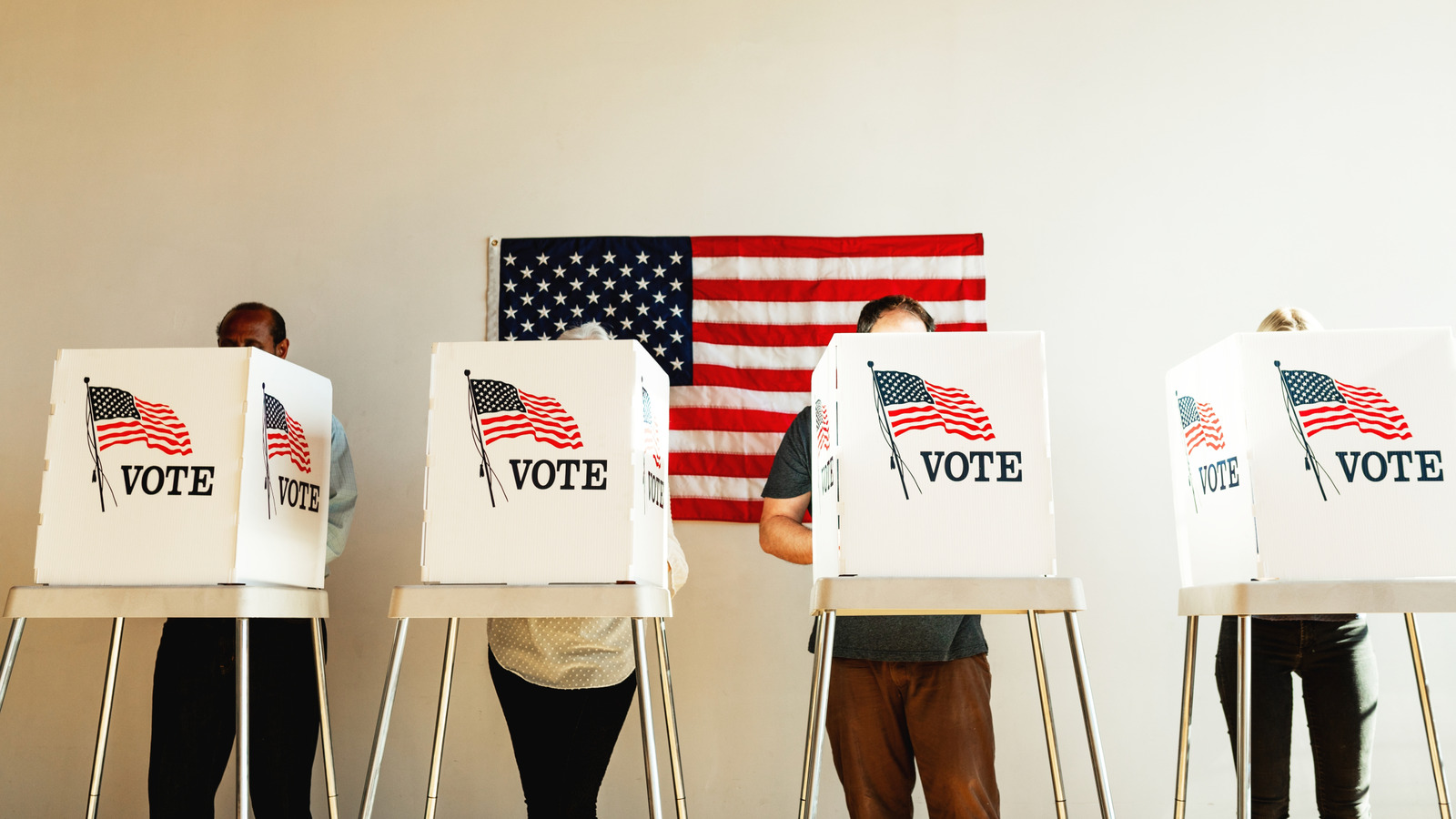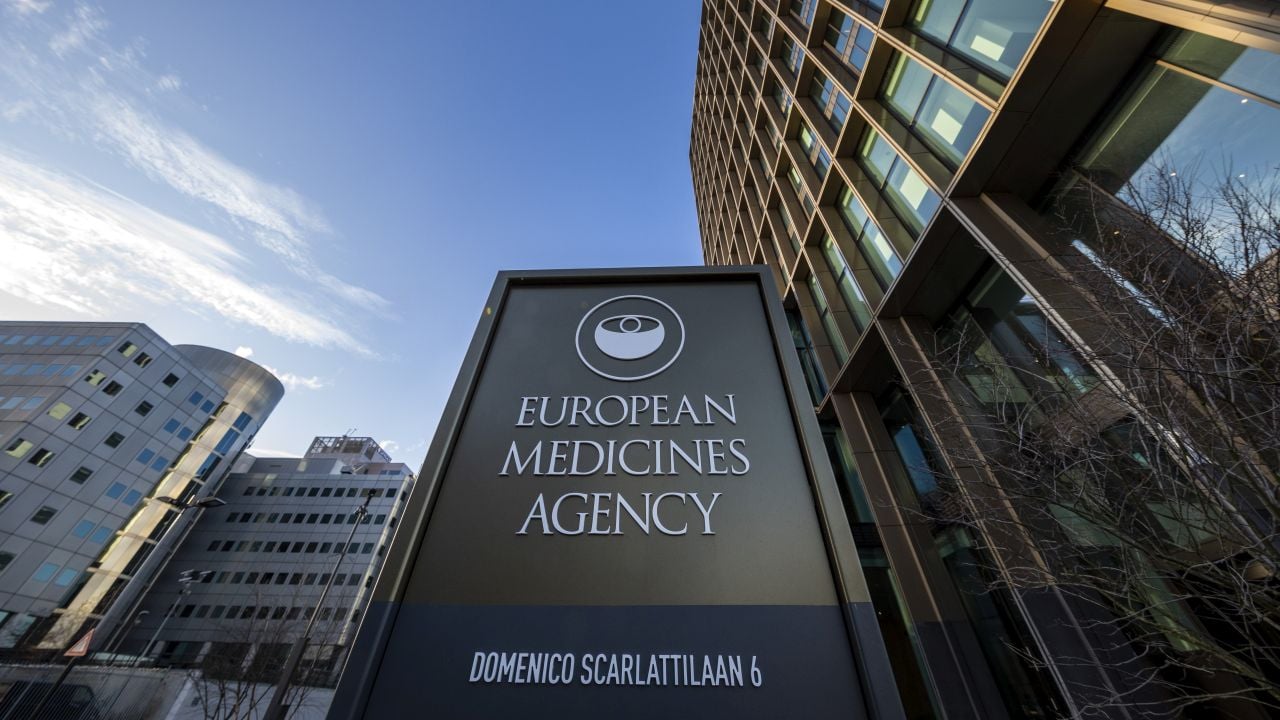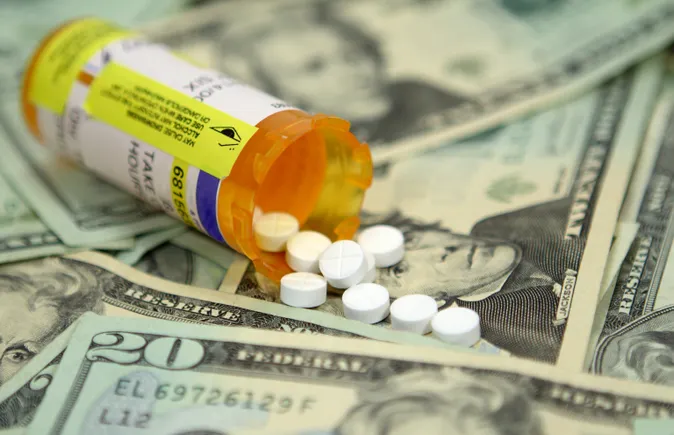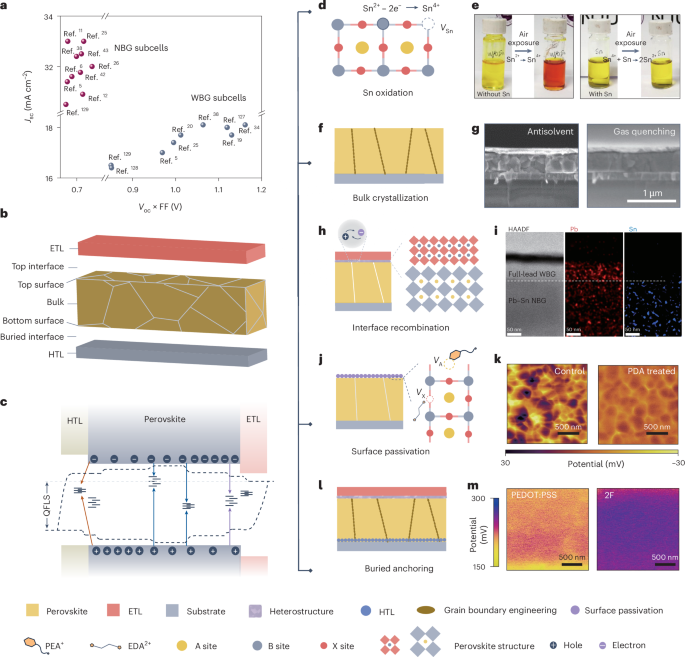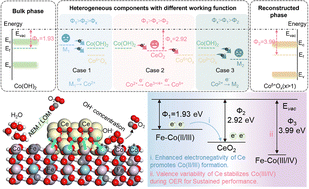STAT+: Pharmalittle: We’re reading about FDA forcing out top gene therapy regulator, Gilead’s HIV challenges and more
And more pharma news updates from Pharmalittle.

And so, another working week will soon draw to a close. Not a moment too soon, yes? This is, you may recall, our treasured signal to daydream about weekend plans. Our agenda is, so far, rather modest. We plan to catch up on our reading, promenade with the official mascots and escort Mrs. Pharmalot to a soiree. We hope to find time for another listening party, where the rotation will likely include this, this, this, this and this. And what about you? Summer will officially begin, so perhaps it is time to head toward the beaches, lakes or woods to enjoy nature and the mysteries of the world. Not for you? Well, you could walk the city streets, try a new restaurant or take in a moving picture show. Perhaps this is an opportunity to reach out to someone special. Or maybe you need two weeks to make up your mind. Well, whatever you do, have a grand time. But be safe. Enjoy, and see you soon..
Planes have been jetting from Ireland to the U.S. this year carrying something more valuable than gold: $36 billion worth of hormones for popular obesity and diabetes drugs. And the frantic airlift of those ingredients — more than double what was imported from Ireland for all of last year — reflects the collision of two powerful forces: tariff-driven stockpiling and weight-loss drug demand, The Wall Street Journal explains. Fit into temperature-controlled air cargo containers, the pharmaceutical ingredients have had a huge impact on the U.S. trade imbalance. The shipments have vaulted Ireland, a country of only 5.4 million people, into the second-largest goods-trade imbalance with the U.S., trailing only China. They accounted for roughly half of the $71 billion in goods the U.S. imported from the country in the first four months of the year. Nearly 100% of the imports had a final destination of Indiana, according to U.S. customs records. Eli Lilly, which wells the weight loss and diabetes drugs Zepbound and Mounjaro, is headquartered in Indianapolis.
A U.K. health agency reiterated that the limited benefits of a pair of new Alzheimer’s drugs do not justify their high prices, meaning the medicines will not be made available through the U.K. National Health Service, STAT writes. The decision by the U.K.’s cost-effectiveness watchdog reflects how health authorities in different parts of the world have taken different approaches with the drugs, which are the first to have shown they can slow the progression of the disease but have also stoked debate about just how meaningful that progress is for patients and how to weigh their accompanying risks and costs. The drugs — Eli Lilly’s Kisunla and Biogen and Eisai’s Leqembi — last year won approval from the U.K. Medicines and Healthcare products Regulatory Agency, which found the benefits outweighed the risks for certain patients. But subsequently, the National Institute for Health and Care Excellence issued draft guidance saying the benefits were too small to merit their costs to the NHS, and that they do not deliver enough value. NICE backed up that ruling with its final draft guidance, even as it said it had considered additional information during its review. Lilly and Eisai said they planned to appeal.








